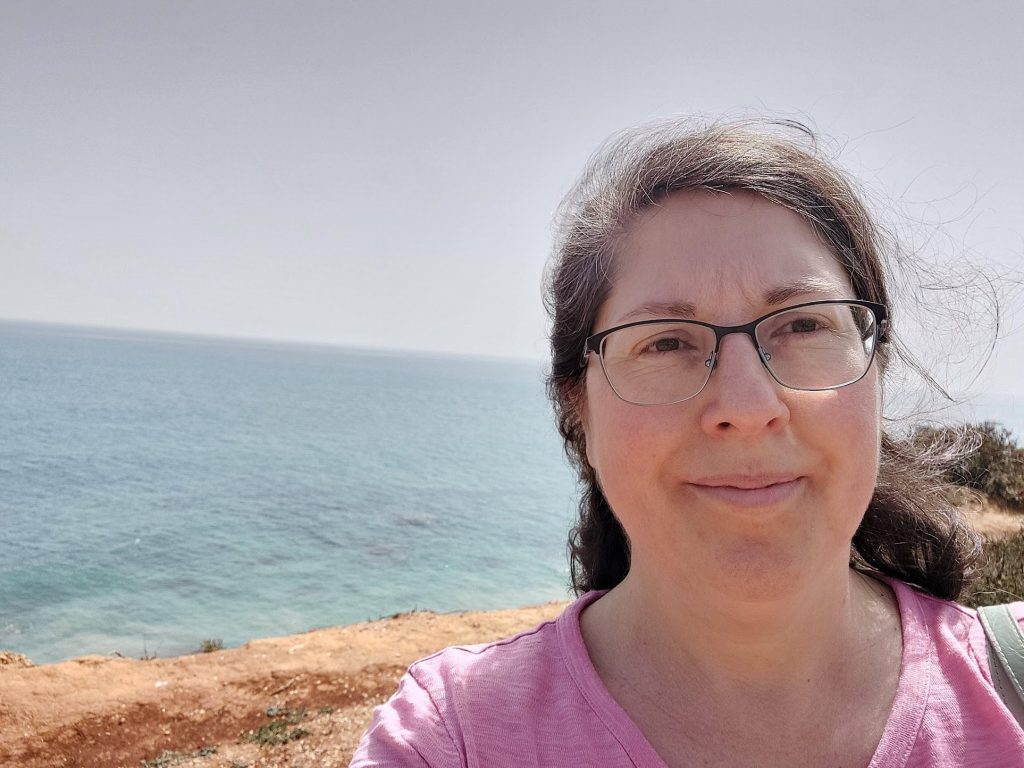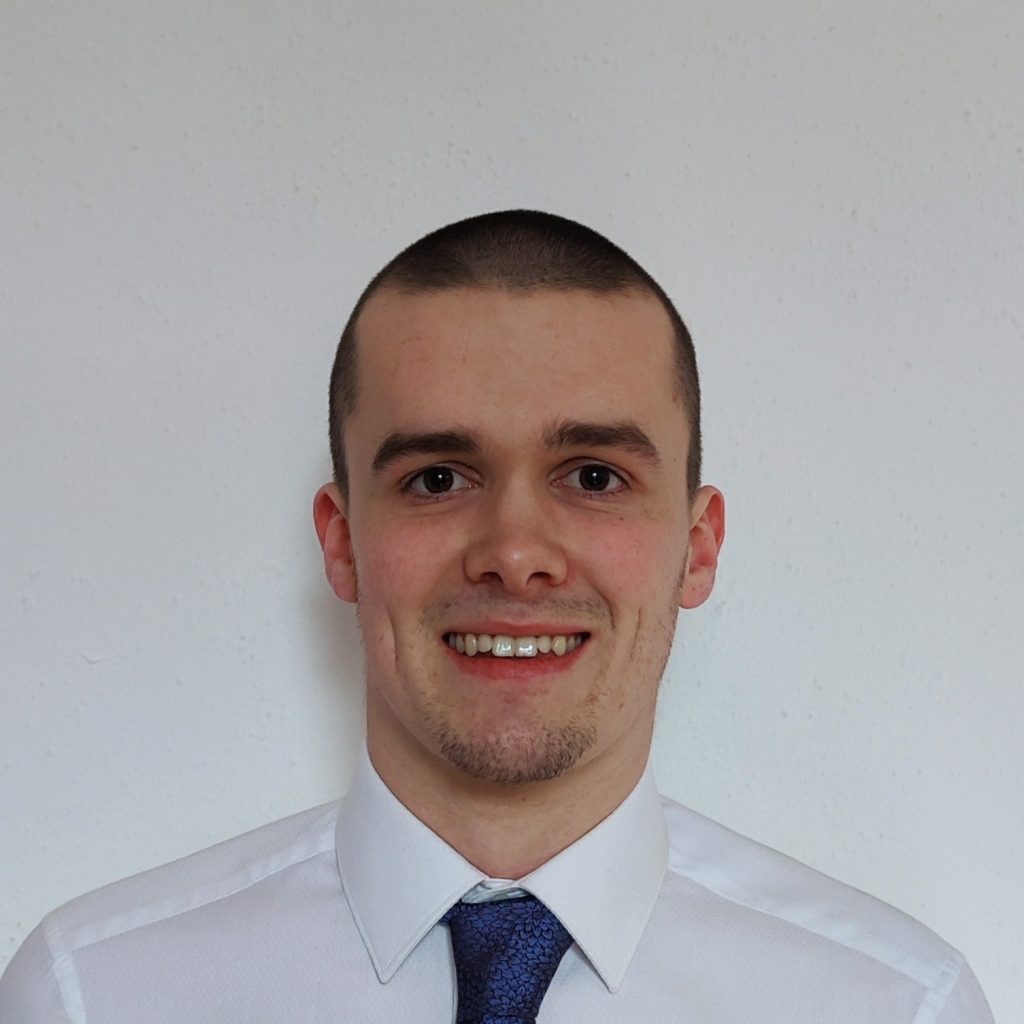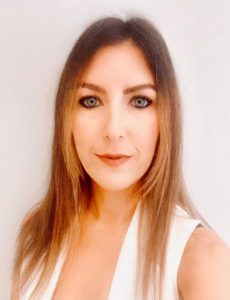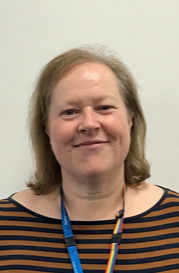Dr Ana Gil-Bernabe – Quality & Governance Manager for QUOD and QUANTUM Biobanks
What were you doing most recently before joining QUOD?

I worked in the Human Tissue Governance group, which is part of RGEA (Research Governance, Ethics and Assurance), within Research Services at the University of Oxford. This was a research support role focused upon ensuring that work with human tissue at the University of Oxford is performed in compliance with the UK legislation and the Human Tissue Licence conditions. Basically, the aim was to allow the progress of science within the legal and ethical boundaries that regulate clinical research.
What interested you about working with QUOD?
During my time in the Human Tissue Governance group, I interacted with the eight biobanks that operate under the main Human Tissue Licence at Oxford, including both QUOD and OTB. This was a great opportunity to understand what a fantastic research resource biobanks are for researchers, here and abroad, and how they optimize their very valuable samples that are donated to the biobanks. QUOD is a fantastic example of national and international collaboration, with samples collected and delivered to multiple sites. I understood that it was a great opportunity to apply my acquired knowledge on human tissue governance and quality assurance, as well as to progress on my knowledge on human tissue biobanks and their governance. Last, but not least, I do have a passion for research (I have been a researcher for about 15 years) and the field of transplantation is very close to my heart.
What does your role in QUOD involve?
In a nutshell, ensure that QUOD adheres to the legal and ethical frameworks that regulate clinical research in the UK, in particular the Human Tissue Act 2004, and to the conditions of the Human Tissue Licence at the University. QUOD Governance is transitioning to a Quality Management System, iPassport, to make this task easier, and part of my role will be to support this transition. We will use iPassport to manage our governance documents, run audits, report non-compliances and keep training records, for example. I will also support compliance with other frameworks that relate to clinical research, such as the Health Research Authority or the Research Ethics Committees.
Lightning round time:
If you were stuck on an island what three things would you bring?
- Documents, of course, any activity needed would be well described in the relevant Standard Operating Procedures (SOPs);
- iPassport, of course, all those documents will be accessible through iPassport;
- Nothing else, I love the sea, so I’d enjoy the opportunity to swim and explore the island.
Where’s your favourite place?
It could well be that island, but probably my hometown, Cadiz, as it not only has a lovely coast, but also all the ingredients for happiness: family, friends, good weather and good food. In its absence, any place near the sea, with the sound of the waves and the smell of the salty water.
Finally, what kinds of enquiries should people bring to you, and how best can they reach you?
Anything to do with governance and quality assurance: documents (SOPs, Risk Assessments, Working Instructions), audits, non-compliances and training records, for example. As we transition to iPassport, I imagine many questions will be related to the use of this system.
You can reach me at ana.gil-bernabe@nds.ox.ac.uk and I’m setting up other ways of communication, using Planner and Teams – more information to come!




